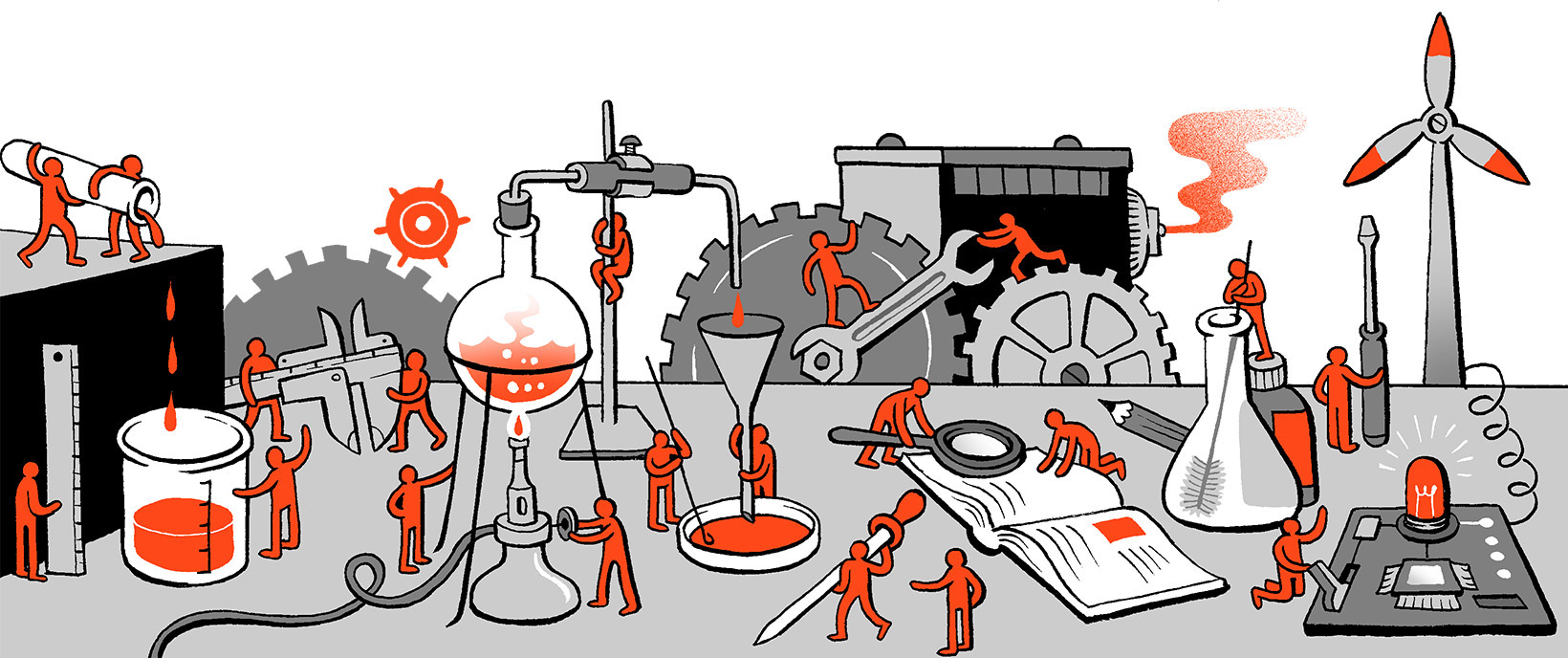Our meeting started with a discussion of current efforts to show solidarity with Black Lives Matter and associated movements and what other initiatives we could undertake. National SftP has been holding calls and is currently collecting input on possible initiatives. The recording of the most recent national call is here.
We discussed responses to the BLM movement in local universities. At MIT, Graduate Students are pushing for leadership to make progress on a list of recommendations for increasing diversity/inclusivity by distributing a petition for individuals and local groups (http://bgsa.mit.edu/sbl2020). These recommendations had been proposed five years ago, but no progress has been made.
Harvard students are circulating a petition for the University to match donations to anti-racist organizations. Tuft has established Juneteenth as a paid holiday. We, as a group, will aim to help coordinate efforts at local universities and gather additional data on universities’ pledges and whether they have actually made progress.
We then had a report back on the #ShutDownSTEM initiative. MIT, Broad and BU held or will hold discussions on the issues. Tufts formally endorsed the shutdown. The march we organized was well-attended, but property owners attempted to shut it down. The police were called, but we marched soon after, so there was no confrontation. Potentially we need to have a training in direct action.
We then discussed what anti-racist work we could do in the next few months. The idea was proposed that we could do some cross-university organizing along with Black activist groups in order to address issues of racism and exclusion in universities. This would include discussion on how universities interact with the police and contribute to the issue of police violence. Our first step will be to generate a list of local organizations to which we can reach out.
It was also proposed that we organize something in the Fall focused on training scientists to be involved in anti-racist action and pressuring their universities to take action. We will have a more formalized discussion in the next meeting.
We also shared a list of resources on racism specifically targeted to mutual aid groups (created by the national SftP COVID response).
Next we discussed our action planning for the next six months. Our first conversation was focused on the Occupy Pharma concept. We formalized the main ideas:
- Medicine is a right not a commodity (example: Epipen)
- Promoting single payer health care system
- The current system is broken and in the pandemic leaves 20 million people off their employer-sponsored health program
- The Occupy Pharma slogan is general so that people can hang on and project whatever they want on it
We proposed focusing initially on the COVID-19 vaccine and whether it will be available/affordable. Also, we could point out that pharmaceutical companies did not develop the coronavirus vaccine because there was not enough money in it. They waited and now are developing in a hurry. In the meantime 500K people have died. These could be formalized into blog posts initially.
We planned for the next meeting to have a more concrete plan of action.
A member proposed a project focused on using data analytics for housing justice. City Life (Vida Urbana) has been trying to organize tenants across multiple buildings owned by the same landlord. They’d like to develop a tool so that a tenant in one property can check all the other properties owned by the same landlord. We will work with them on this.
We also decided to move the meeting to Tuesday at 5:30pm every other week.
Action items:
- Spreadsheet of BLM-related organizing in the area and reach out
- Post about the #ShutDownSTEM rally
- Think about how to train scientists for activism
- Collect statements on racial justice from universities
- Develop a logo for Occupy Pharma
- Gather resources on COVID-19 vaccine development/pricing/etc
- Data analysis tool for City Life Vida Urbana

